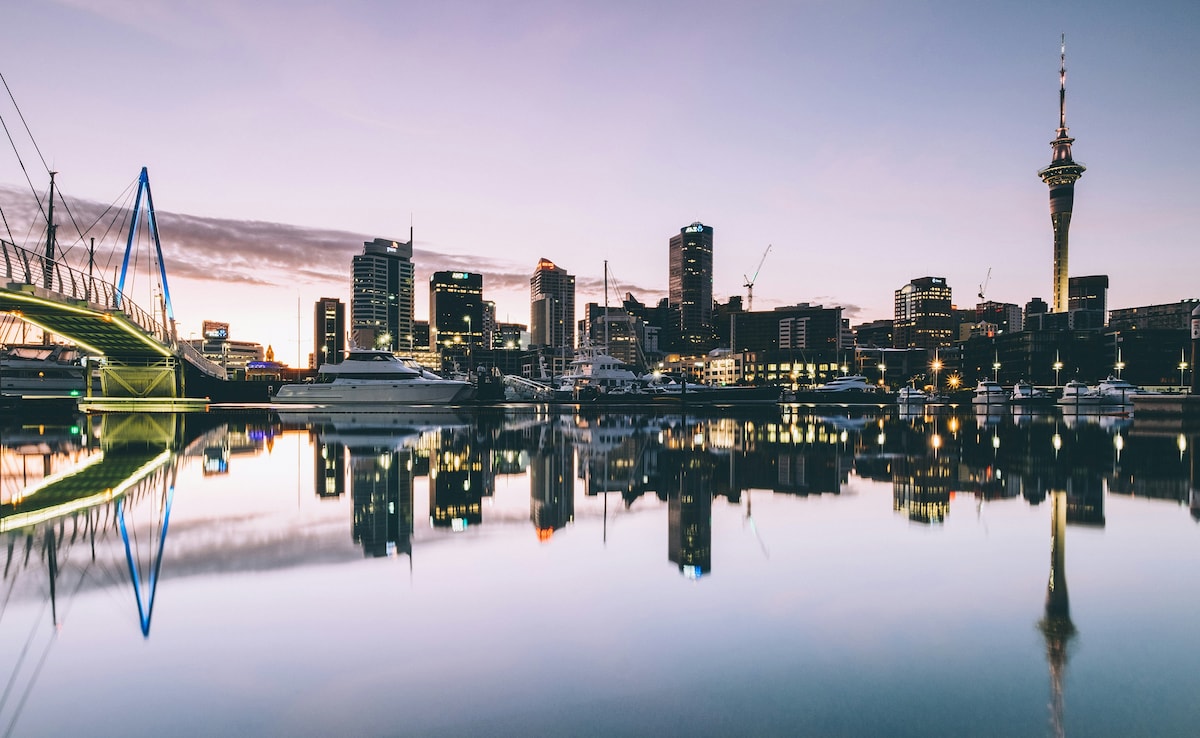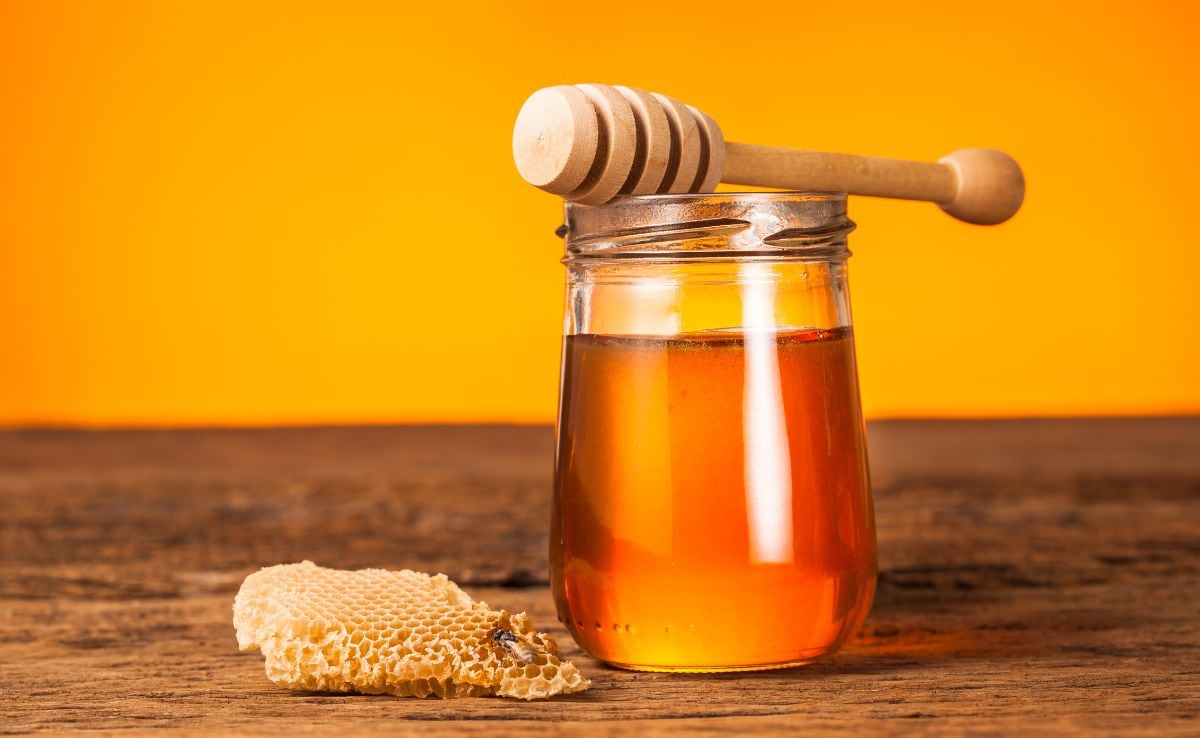
- New Zealand bans raw, processed, or cooked meats, dairy, fresh produce, and seeds
- Certain items like medicines, firearms, and endangered species need prior permits
- Undeclared restricted items can lead to fines of NZD 400 or more at entry points
For many Indians, New Zealand sits high on the travel wishlist. It is not just a postcard-perfect holiday destination but also a land of opportunity for students and professionals seeking long-term settlement. In 2024 alone, more than 87,000 Indians travelled to New Zealand, with over 23,000 visiting for holidays, according to Immigration New Zealand. The country has become increasingly popular among younger travellers, honeymooners, and families who see it as safe, scenic, and welcoming. But the dream can quickly turn into stress at the airport if you are unaware of the strict rules about what you can and cannot bring with you.
Also Read: New Zealand To Charge Tourists Up To Rs 2,000 At 4 Scenic Sites: See List Here
New Zealand has some of the toughest border control protocols in the world. A packet of homemade pickles, a bag of raw rice, or even muddy shoes could get you fined heavily. This guide takes you through all the essentials, from food items and medicines to duty-free limits and packing hacks, so your entry into New Zealand remains as smooth as the scenic drives it is famous for.

Photo: Unsplash
Why New Zealand Has Strict Border Rules
Unlike many other countries, New Zealand has a fragile ecosystem that cannot fight invasive pests and diseases easily. Its agriculture and dairy industries are critical to the economy, so protecting them is a priority. That is why the Ministry for Primary Industries (MPI) enforces biosecurity rules with absolute seriousness. Everything you bring, from snacks and shoes to wooden souvenirs, can be screened. Trained biosecurity dogs at airports are often used to detect food or plant items in baggage.
Restricted Food Items Banned In New Zealand
New Zealand's biosecurity laws are among the strictest globally. To protect its unique environment and agriculture, the country prohibits the importation of certain food and agricultural items. These include:
- Raw, processed, or cooked meats (e.g., beef, pork, poultry, lamb, venison, game meats, and seafood)
- Dairy products
- Fresh fruit and vegetables
- Seeds for sowing
- Nuts, spices, herbs, and un-popped popcorn
- Dried, cooked, or preserved fruits and vegetables
- Pickles (including pickled meat and fish)
- Honey and honey products
Even small quantities can be subject to inspection and possible destruction. Always declare any food items upon arrival.

Photo: Canva
Restricted Items That Need Special Permission
Not everything is banned outright, but some items can only enter New Zealand if you have prior approval or official paperwork. These fall into the restricted category and are tightly monitored.
- Protected species: Anything covered under the Convention on International Trade in Endangered Species (CITES), from certain plants to animal products, requires permits. If it is rare, exotic, or endangered, paperwork is a must.
- Medicines and controlled drugs: Prescription medication is permitted if carried in original packaging with a doctor's prescription. Travellers are usually allowed a supply for up to three months. Ayurvedic medicines and herbal supplements may need additional checks as not all ingredients are approved. The safest option is to declare them and check the Medsafe database beforehand.
- Firearms and ammunition: Most firearms are banned. Sporting shotguns or airguns may only be imported with prior permits from New Zealand Police.
- High-powered laser pointers: Any laser pen above 1 milliwatt requires clearance from the Ministry of Health.
- Luxury goods of Russian origin: Items like vodka, truffles, seafood, or precious stones worth over NZ$1,000 require government clearance due to sanctions.
Also Read: New Zealand Tightens Police Clearance Rules For Indian Visa Applicants
Religious And Cultural Items For Travellers
Many Indian travellers carry spiritual items such as rudraksha beads, kumkum, holy ash, or puja thalis. These are usually acceptable if declared. However, organic materials like wood, seeds, dried leaves, or cow dung may be stopped. Even souvenirs such as shells, conch, or handcrafted wooden idols can be restricted if they pose biosecurity risks.
Food And Snacks Allowed In New Zealand
The good news is that not all food is banned. You can bring commercially packaged, sealed items such as:
- Biscuits and chocolates
- Instant noodles and soup packets
- Coffee, tea, and powdered drinks
- Baby formula and baby food
- Factory-sealed spices and condiments
The golden rule is to carry items in original, unopened packaging. Even then, declare them. Officers will decide whether they are permitted.
Duty-Free Limits For Travellers
Duty-free shopping is tempting, but there are limits you must follow:
- Up to 3 bottles of spirits or liquor (not more than 4.5 litres in total)
- Up to 6 bottles of wine or beer (not more than 4.5 litres in total)
- Up to 50 cigarettes, 50 grams of cigars, or 50 grams of tobacco
Exceeding these allowances will attract duties and taxes, so stick to the limits.
Rules For Students And Long-Term Travellers
For students and professionals relocating to New Zealand, packing requires extra planning:
- Carry only three months' worth of prescribed medicines with valid prescriptions.
- Stick to packaged food like ready-to-eat meals, noodles, or chocolates. Avoid homemade pickles or masalas.
- Religious items are fine if they are non-organic.
- Electronics are allowed, but multiple laptops or phones may raise questions.

Photo: Pexels
How To Declare Items At New Zealand Airports
Declaring items may feel intimidating, but it is simple if you follow the process:
- Fill in the Passenger Arrival Card: Every traveller must complete this card before immigration. It covers food, medicines, animal products, and anything made from plants or protected species.
- Be honest, even if unsure: Unsure about ayurvedic medicines or a packet of masala? Tick "Yes" on the card. Declaring is safer than risking a fine.
- Head to the Goods to Declare lane: Customs officers will check your bag and may ask questions.
- Let officers guide you: If your items are safe, they will clear them. If not, they will be taken away.
- Keep paperwork ready: Prescriptions, receipts, or permits make the process smoother and save time.
Also Read: How To Apply For New Zealand Resident Visa And Permanent Resident Visa (PRV)
What Happens If You Break Customs Rules
Immigration officials in New Zealand are strict about undeclared goods. Failing to declare can result in an instant NZD 400 fine. Serious violations can mean prosecution, higher fines, or being denied entry. Even forgetting to declare an apple or sandwich can lead to penalties. With sniffer dogs and X-ray machines at airports, honesty is the only safe route.
Carrying Cash And Valuables To New Zealand
You can carry any amount of money into New Zealand, but if it is NZD 10,000 or more (or equivalent), you must declare it. Gold jewellery for personal use is generally acceptable, but carrying large amounts could attract customs checks for commercial intent.

Travelling With Pets And Animal Products
For those moving with pets, New Zealand has some of the toughest protocols worldwide. Cats and dogs must meet vaccination, quarantine, and permit requirements. Items like leather, fur, or animal bone products also face restrictions unless certified safe. Souvenirs bought abroad should not be assumed safe to bring in.
Packing Tips For A Stress-Free Arrival
Preparation helps avoid unnecessary delays:
- Clean shoes and sports gear thoroughly as mud or grass can get flagged.
- Pack food only in sealed, commercial packaging.
- Carry prescriptions and keep medicines in original boxes.
- Keep duty-free purchases within limits.
- Always declare - honesty saves time and money.
Travelling to New Zealand is exciting, whether for studies, work, or leisure. But the journey does not just begin with your flight ticket. Knowing what you can and cannot carry ensures a smooth entry. The rules may seem strict, but they protect the country's environment and industries. Respect the regulations, declare items truthfully, and you will step into New Zealand without stress.
Track Latest News Live on NDTV.com and get news updates from India and around the world

